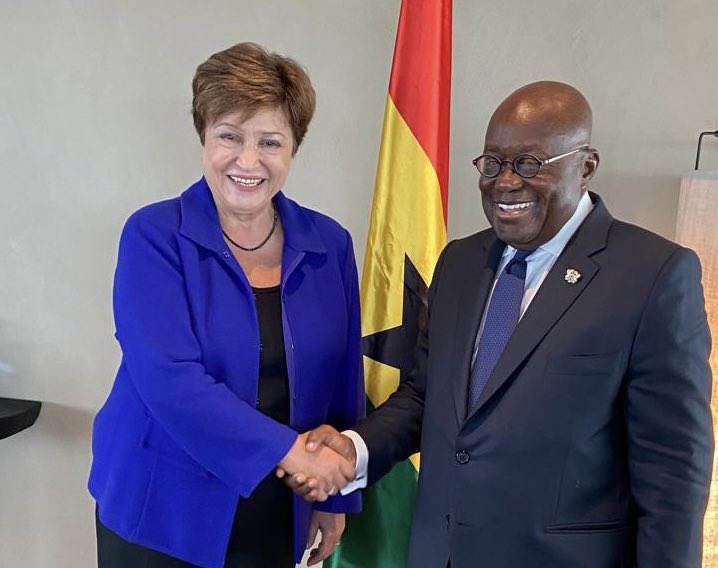By Prince Ahenkorah
The opposition New Patriotic Party (NPP) is playing a dangerous game of political theatrics, feigning outrage over proposed utility tariff hikes that are, in fact, the bitter fruit of their own IMF deal.
Minister for Government Communications, Felix Kwakye Ofosu, has exposed the NPP’s hypocrisy, accusing them of “double standards” for criticizing planned increases by major service providers like the Electricity Company of Ghana (ECG), Ghana Water Limited (GWL), and Ghana Gas.
Speaking on Channel One TV’s Face to Face programme, Kwakye Ofosu didn’t mince words. He revealed that the current tariff review framework isn’t a government invention but a direct consequence of a binding agreement the NPP government signed with the International Monetary Fund.
“As part of the IMF deal negotiated by the NPP, they committed to quarterly tariff adjustments in return for about $300 million,” the minister explained. “This was concluded around December 2024. It is a binding arrangement, so when the NPP pretends to oppose these increases, they are being disingenuous. They signed up for it, and we are only following through.”
The High Cost of Broken Promises
While the NPP points fingers, Ghanaian households and businesses are bracing for a brutal blow to their wallets. The proposed increases are staggering and reveal the dire state of the nation’s utility sector.
* Ghana Gas wants to hike its tariff by a jaw-dropping 91%, from US1.10 to US2.10 per million metric British thermal units (MMBtu). The company claims the increase is vital to recover investment costs and expand its pipelines.
* ECG is requesting a staggering 225% increase in its Distribution Service Charge (DSC1). The power distributor blames the cedi’s rapid depreciation, which has plummeted by 74% since 2022, for gutting its revenues. “Without reforms, the sector faces collapse,” ECG warned.
* Ghana Water Limited (GWCL) is pushing for a massive 280% tariff rise, a direct consequence of the rampant illegal mining, or galamsey, that has poisoned Ghana’s rivers.
GWCL management laments the skyrocketing cost of treating heavily polluted water sources.
These proposals are now on the desk of the Public Utilities Regulatory Commission (PURC), which is holding consultations before delivering its final verdict.
But no matter the outcome, it’s clear that the NPP’s deal has set the stage for a period of economic hardship for the average Ghanaian.


